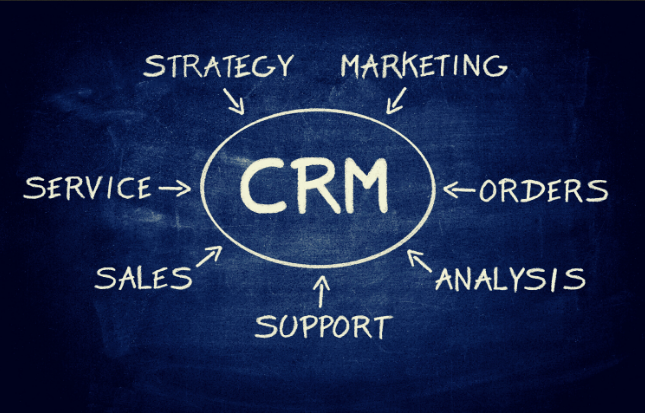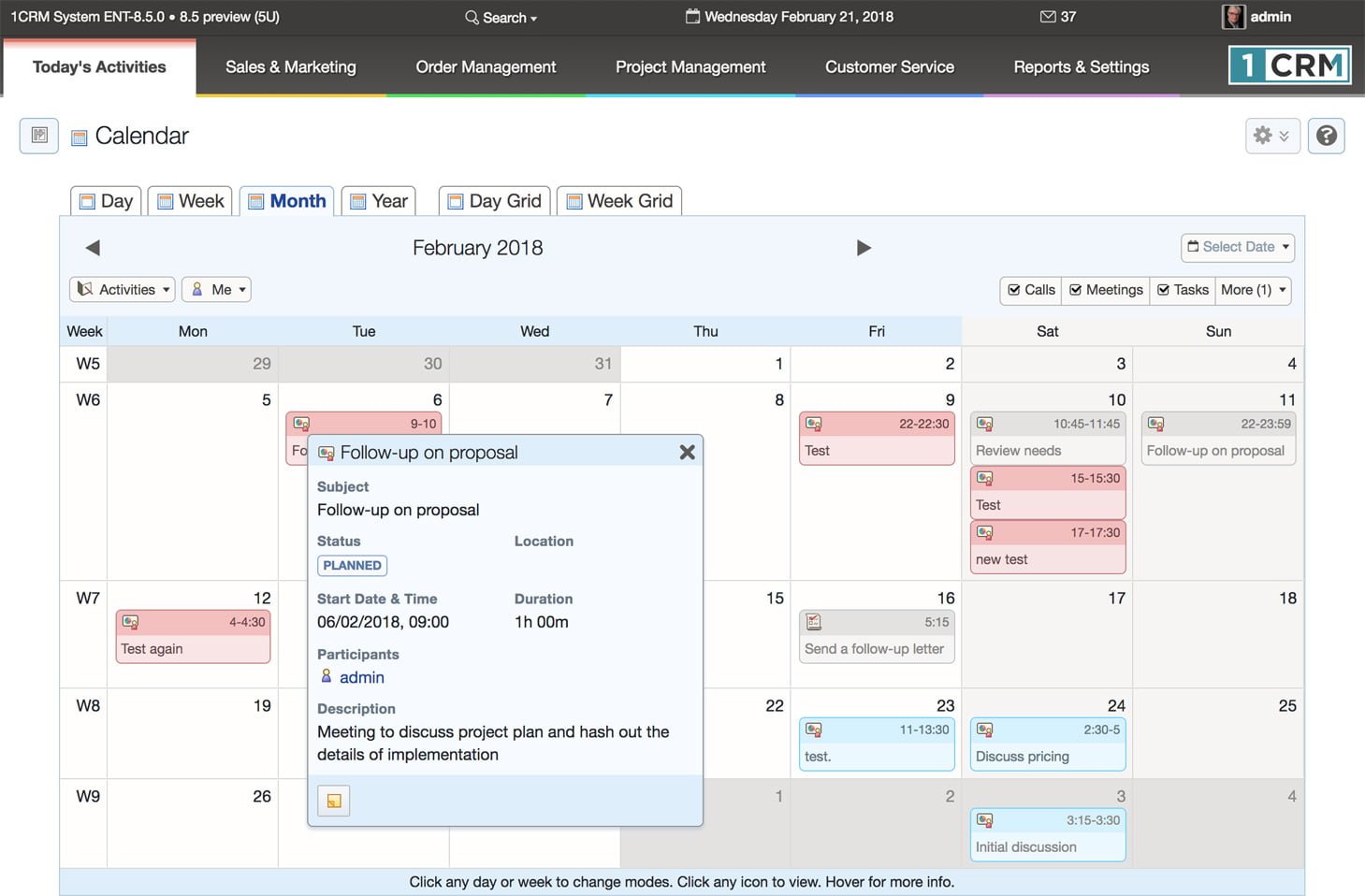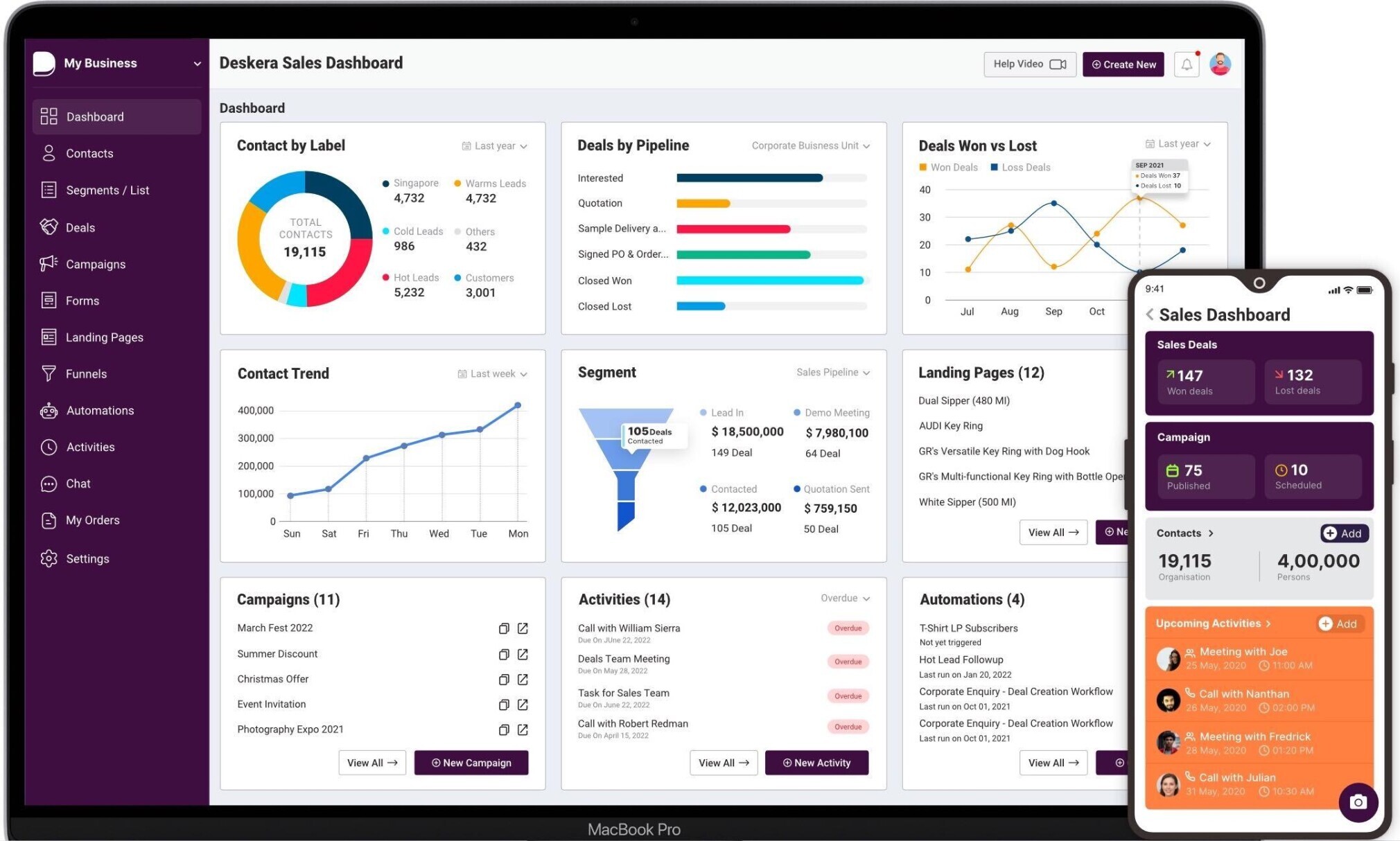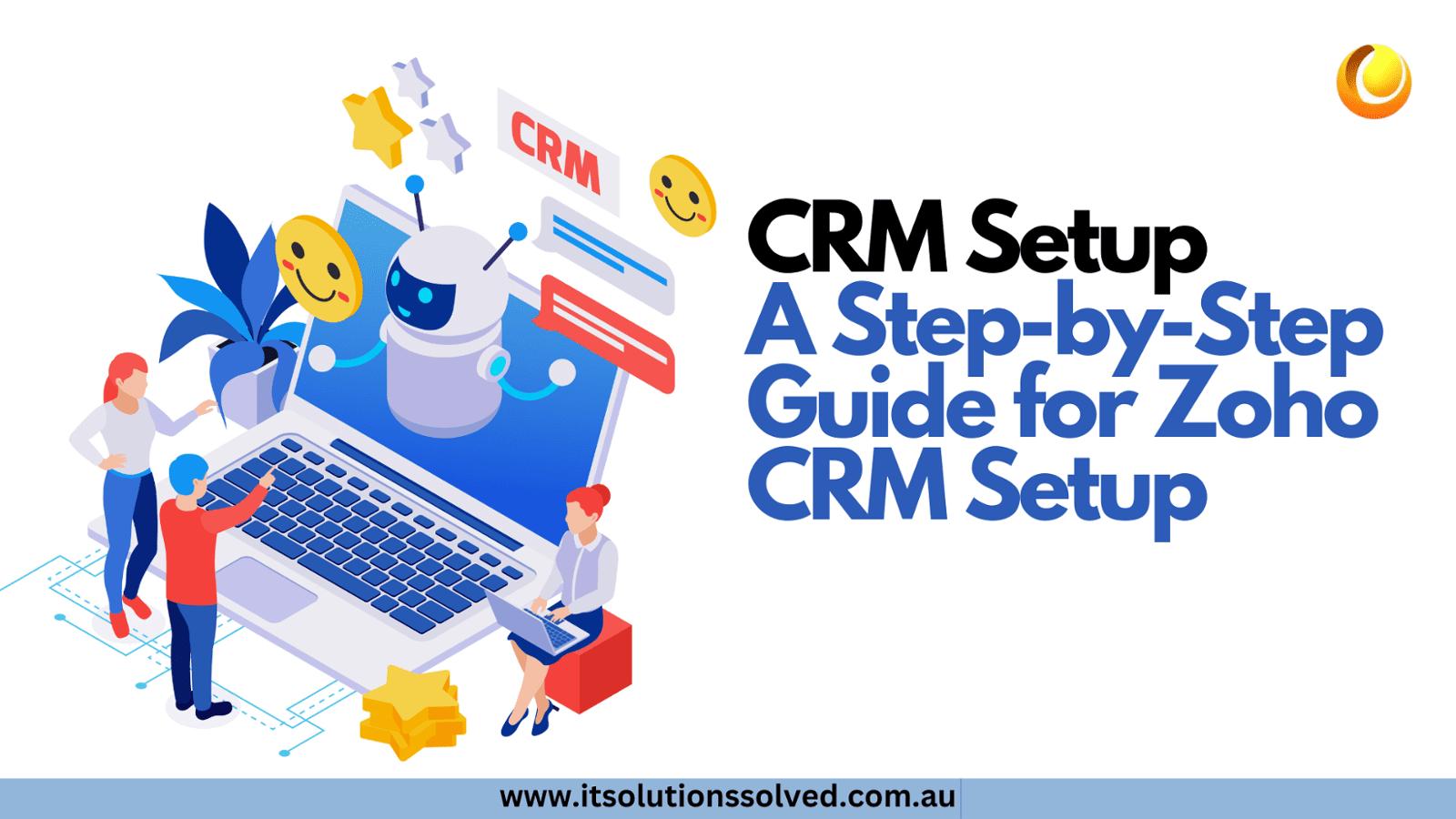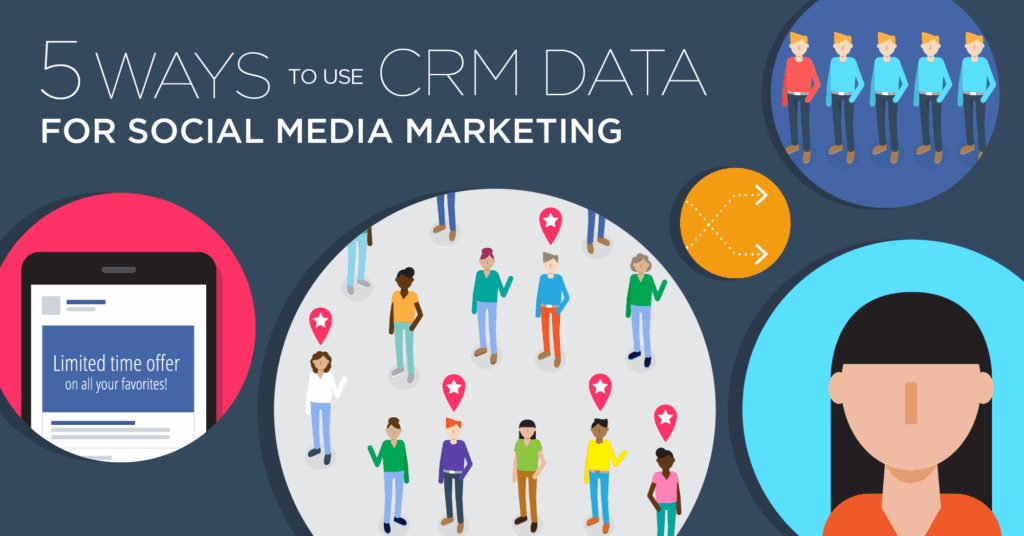
Boost Your CRM Marketing with Social Proof: A Winning Strategy
In the ever-evolving landscape of digital marketing, businesses are constantly seeking innovative ways to connect with their audience, build trust, and drive conversions. One powerful strategy that has proven its effectiveness time and again is the integration of social proof into your CRM (Customer Relationship Management) marketing efforts. But what exactly is social proof, and how can you leverage it to supercharge your CRM strategy? This comprehensive guide will delve deep into the world of social proof, exploring its various forms, benefits, and practical applications within your CRM marketing campaigns. We’ll examine how you can harness the power of customer testimonials, reviews, case studies, and other forms of social proof to build credibility, increase engagement, and ultimately, boost your bottom line.
Understanding Social Proof: The Psychology of Influence
At its core, social proof is a psychological phenomenon where people look to the actions and behaviors of others to determine how to behave in a given situation. It’s the tendency to assume that if a large number of people are doing something, it must be the right thing to do. This concept, first introduced by Robert Cialdini in his influential book, “Influence: The Psychology of Persuasion,” is a fundamental driver of human behavior, particularly in decision-making processes. We are inherently social creatures, and we often rely on the collective wisdom of the group to guide our choices.
Think about it: when you’re browsing a new restaurant, what do you do? You probably check the online reviews, see how many stars it has, and read what other diners have to say. Or, if you’re considering buying a product online, you’ll likely look at the customer ratings and read the comments before making a purchase. These are all examples of social proof in action. They provide valuable insights into the experiences of others and help you make more informed decisions.
Types of Social Proof
Social proof comes in many forms, each offering unique benefits and opportunities for your CRM marketing initiatives. Here are some of the most effective types:
- Customer Testimonials: These are direct quotes from satisfied customers, highlighting their positive experiences with your product or service. Testimonials can be incredibly powerful because they provide authentic, real-world endorsements.
- Reviews and Ratings: Online reviews and ratings from platforms like Google, Yelp, and industry-specific review sites are crucial for building trust and credibility. Positive reviews can significantly influence purchasing decisions.
- Case Studies: Detailed accounts of how your product or service has helped a specific customer achieve their goals. Case studies provide concrete evidence of your value proposition and demonstrate your expertise.
- Social Media Mentions and Shares: When people share your content, tag your brand, or mention you in their posts, it serves as a powerful form of social proof, signaling that your brand is relevant and trustworthy.
- Influencer Endorsements: Collaborating with influencers who have a strong following in your target market can expose your brand to a wider audience and build credibility through their recommendations.
- Expert Endorsements: Receiving endorsements from industry experts or thought leaders can add significant weight to your brand’s reputation and establish you as a trusted authority.
- Numbers and Statistics: Highlighting impressive statistics, such as the number of customers you’ve served, the percentage of customer satisfaction, or the growth your company has experienced, can be a compelling form of social proof.
Integrating Social Proof into Your CRM Marketing Strategy
Now that we’ve explored the fundamentals of social proof, let’s dive into how you can effectively integrate it into your CRM marketing strategy. The goal is to seamlessly incorporate social proof elements into every stage of the customer journey, from initial awareness to post-purchase engagement.
1. Leverage Customer Data for Personalized Social Proof
Your CRM system is a goldmine of customer data. Use this data to personalize the social proof you present to each customer. For example, if a customer has previously purchased a specific product, you can show them testimonials or case studies related to that product. This level of personalization makes the social proof more relevant and impactful.
2. Incorporate Testimonials and Reviews in Email Marketing
Email marketing remains a cornerstone of CRM strategies. Incorporate customer testimonials and reviews into your email campaigns to build trust and encourage conversions. For example, you can include a testimonial in your welcome email, a positive review in a product promotion email, or a case study in a nurture sequence.
3. Showcase Social Proof on Your Website and Landing Pages
Your website and landing pages are often the first point of contact for potential customers. Make sure to prominently display social proof elements, such as customer reviews, ratings, and testimonials. Consider using a dedicated section on your homepage to showcase your best reviews or a carousel of customer testimonials. On your landing pages, include social proof near the call-to-action buttons to reinforce your value proposition and increase conversions.
4. Use Social Proof in Customer Segmentation
Segment your customer base based on their behavior, demographics, and purchase history. Then, tailor your social proof messages to each segment. For example, you can show testimonials from customers with similar needs or demographics to resonate with specific segments. This targeted approach makes your social proof more effective.
5. Encourage Customers to Leave Reviews and Ratings
Actively encourage your customers to leave reviews and ratings. Make it easy for them to share their experiences. Send automated emails after a purchase, asking customers to rate their experience or leave a review. Consider offering incentives, such as discounts or exclusive content, to encourage participation.
6. Monitor and Respond to Reviews and Feedback
Regularly monitor online reviews and feedback. Respond to both positive and negative reviews promptly and professionally. Address any concerns raised by customers and show that you value their feedback. This demonstrates your commitment to customer satisfaction and builds trust.
7. Create Case Studies to Showcase Success
Develop compelling case studies that highlight the success stories of your customers. These case studies should showcase how your product or service has helped them achieve their goals. Include quantifiable results, such as increased revenue, improved efficiency, or reduced costs. Case studies are a powerful form of social proof that can significantly influence purchasing decisions.
8. Leverage Social Media for Social Proof
Utilize social media platforms to share customer testimonials, reviews, and case studies. Encourage customers to share their experiences on social media and tag your brand. Run contests or giveaways to increase engagement and generate user-generated content. Social media is an excellent platform for amplifying your social proof efforts.
9. Use Social Proof in Retargeting Campaigns
Retargeting campaigns are a great way to re-engage potential customers who have shown interest in your products or services. Incorporate social proof elements into your retargeting ads, such as customer testimonials, positive reviews, or a limited-time offer based on positive customer feedback. This can help to overcome any remaining hesitations and drive conversions.
10. A/B Test Social Proof Elements
Experiment with different social proof elements and placements to determine what resonates best with your audience. A/B test different types of testimonials, review formats, or placement of social proof elements on your website and landing pages. This will help you optimize your social proof strategy for maximum impact.
Benefits of Using Social Proof in CRM Marketing
The integration of social proof into your CRM marketing strategy offers a multitude of benefits that can significantly impact your business performance. Here are some key advantages:
- Increased Trust and Credibility: Social proof builds trust and credibility by showcasing the positive experiences of other customers. This is essential for establishing a strong brand reputation.
- Improved Conversion Rates: When potential customers see that others have had positive experiences with your product or service, they are more likely to make a purchase. Social proof can significantly improve your conversion rates.
- Enhanced Customer Engagement: Social proof encourages engagement by fostering a sense of community and belonging. Customers are more likely to interact with your brand when they see that others are doing the same.
- Reduced Sales Cycle: Social proof can shorten the sales cycle by addressing potential objections and building confidence in your product or service.
- Higher Customer Lifetime Value: Customers who trust your brand and have positive experiences are more likely to become loyal customers, leading to a higher customer lifetime value.
- Improved SEO Performance: Positive reviews and ratings can improve your search engine rankings, driving more organic traffic to your website.
- Increased Brand Awareness: Social proof can help to increase brand awareness by encouraging customers to share their experiences and recommend your brand to others.
- Valuable Customer Insights: Reviews and feedback provide valuable insights into customer preferences, pain points, and areas for improvement.
Examples of Social Proof in Action
To further illustrate the power of social proof, let’s look at some real-world examples of how businesses are successfully leveraging it in their CRM marketing efforts:
- Amazon: Amazon is a master of social proof. They prominently display customer ratings, reviews, and “Customers who bought this item also bought…” recommendations. This helps customers make informed decisions and increases sales.
- Airbnb: Airbnb uses social proof extensively. They display guest reviews, host ratings, and the number of bookings a property has received. This helps build trust and encourages bookings.
- Booking.com: Booking.com showcases the number of bookings a property has received in the last hour and highlights positive reviews. This creates a sense of urgency and encourages bookings.
- Zappos: Zappos displays customer reviews and ratings for their products. They also offer free shipping and returns, which helps to build trust and reduce the risk for customers.
- HubSpot: HubSpot uses customer testimonials and case studies to showcase the success of their CRM software. They provide detailed accounts of how their customers have achieved their goals using HubSpot.
Best Practices for Implementing Social Proof
To ensure the effectiveness of your social proof strategy, consider these best practices:
- Be Authentic: Ensure that your social proof is genuine and reflects the true experiences of your customers. Avoid fabricating or manipulating reviews.
- Focus on Relevance: Present social proof that is relevant to the specific product, service, or stage of the customer journey.
- Keep it Up-to-Date: Regularly update your social proof to reflect the latest customer experiences and feedback.
- Be Transparent: Be transparent about your review collection process and any incentives you may offer.
- Respond to Feedback: Respond to both positive and negative reviews promptly and professionally.
- Use Visuals: Incorporate visuals, such as customer photos or videos, to make your social proof more engaging.
- Track Your Results: Track the performance of your social proof efforts to measure their impact and identify areas for improvement.
- Comply with Regulations: Ensure that your social proof practices comply with all relevant regulations and guidelines.
Challenges and How to Overcome Them
While social proof is a powerful tool, there are some potential challenges to be aware of:
- Negative Reviews: Dealing with negative reviews can be challenging. The best approach is to respond promptly and professionally, address the customer’s concerns, and offer a solution.
- Fake Reviews: Fake reviews can damage your brand reputation. Implement measures to detect and prevent fake reviews, such as verifying customer identities and monitoring review activity.
- Lack of Reviews: If you don’t have many reviews, encourage customers to leave reviews by offering incentives or making it easy for them to share their experiences.
- Finding the Right Social Proof: It can be challenging to find the right social proof to use. Experiment with different types of social proof and track their performance to determine what resonates best with your audience.
Measuring the Effectiveness of Social Proof
To truly understand the impact of your social proof efforts, you need to track and measure their effectiveness. Here are some key metrics to monitor:
- Conversion Rates: Track your conversion rates before and after implementing social proof.
- Click-Through Rates (CTR): Measure the CTR of your calls to action that feature social proof.
- Website Traffic: Monitor your website traffic to see if social proof is driving more visitors.
- Customer Engagement: Track customer engagement metrics, such as time on site, bounce rate, and social media shares.
- Customer Lifetime Value (CLTV): Measure the CLTV of your customers to see if social proof is contributing to increased loyalty.
- Review Volume and Sentiment: Track the volume and sentiment of your online reviews to gauge customer satisfaction.
By regularly monitoring these metrics, you can gain valuable insights into the performance of your social proof strategy and make data-driven decisions to optimize your efforts.
The Future of Social Proof in CRM Marketing
As technology and consumer behavior continue to evolve, the role of social proof in CRM marketing will only become more significant. Here are some trends to watch:
- Video Testimonials: Video testimonials are becoming increasingly popular as they offer a more personal and engaging way to showcase customer experiences.
- User-Generated Content (UGC): UGC, such as customer photos and videos, is gaining traction as a powerful form of social proof.
- Personalized Social Proof: Personalizing social proof based on customer data will become even more critical for driving conversions.
- AI-Powered Social Proof: AI and machine learning can be used to analyze customer feedback and generate personalized social proof recommendations.
- Increased Emphasis on Authenticity: Consumers are becoming more discerning and are demanding authenticity. Brands will need to prioritize genuine social proof to build trust.
Conclusion: Harnessing the Power of Social Proof for CRM Success
In conclusion, social proof is an indispensable element of a successful CRM marketing strategy. By strategically integrating social proof elements into your customer journey, you can build trust, increase engagement, and ultimately drive conversions. From customer testimonials and reviews to case studies and influencer endorsements, there are numerous ways to leverage the power of social proof. Remember to focus on authenticity, relevance, and consistent monitoring to maximize the impact of your efforts. As the marketing landscape continues to evolve, embracing social proof will be crucial for staying ahead of the curve and building lasting relationships with your customers. By implementing the strategies and best practices outlined in this guide, you can harness the power of social proof to transform your CRM marketing and achieve remarkable results. Start incorporating social proof into your CRM marketing today and watch your business thrive!

